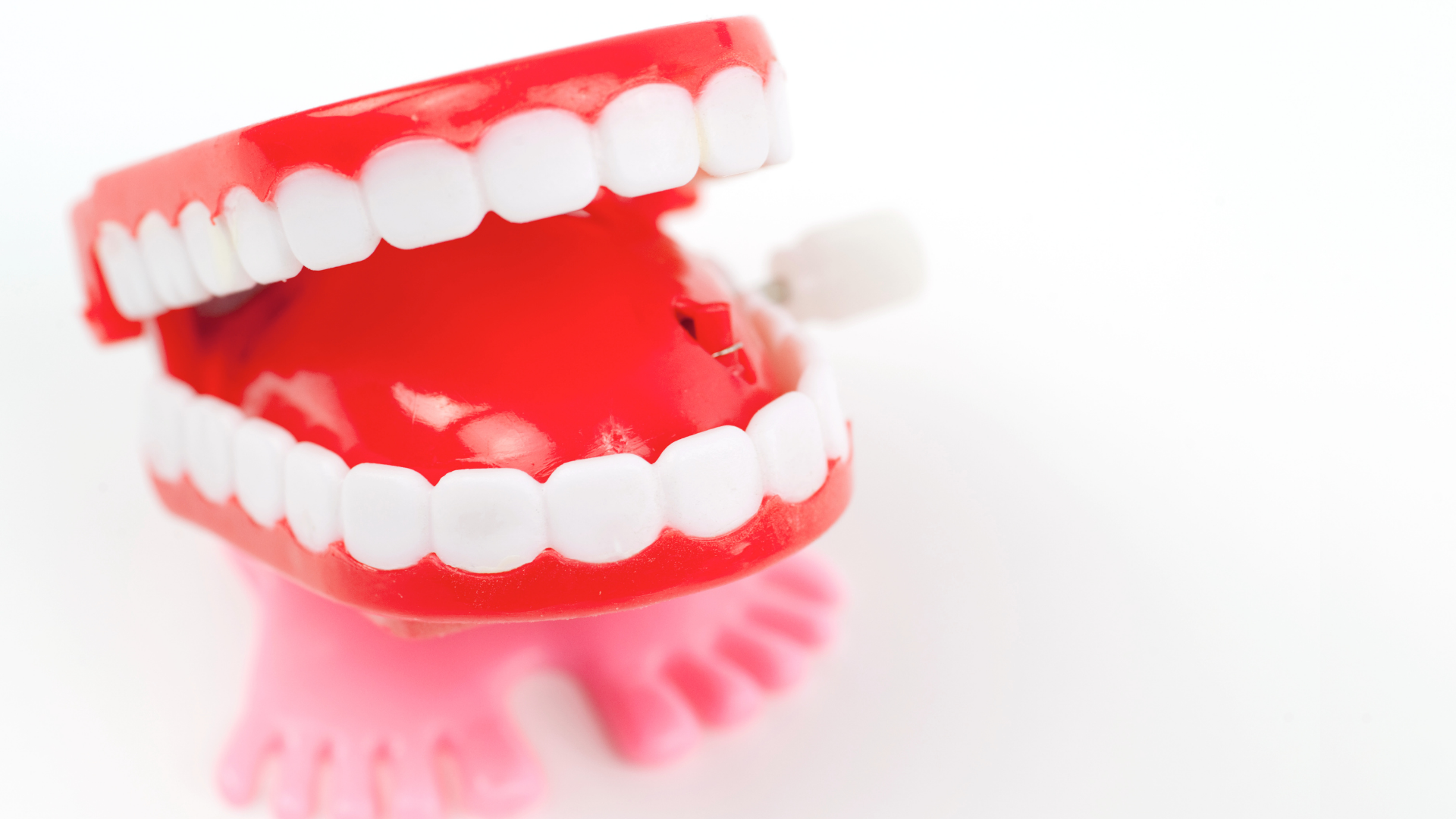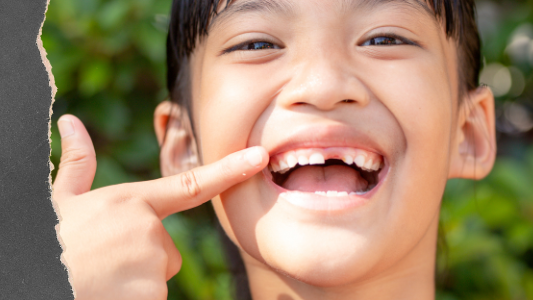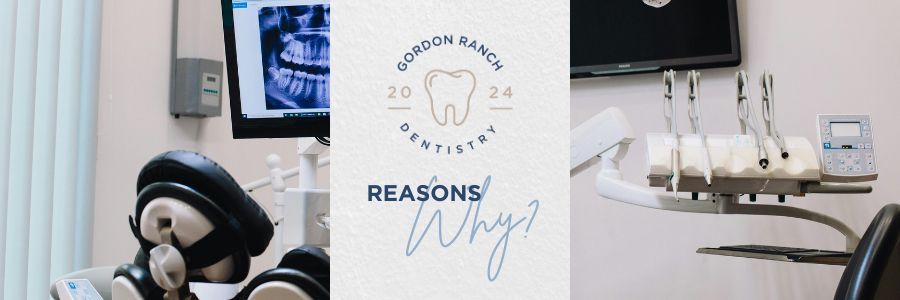Teeth Chattering: A Comprehensive Guide to Causes, Prevention, and Solutions
Teeth chattering is often seen as a harmless, fleeting phenomenon – a temporary response to cold, fear, or stress. But for some, it can be a recurring issue that raises concerns and confusion. While many causes of teeth chattering are well-known, some can go unnoticed or undiagnosed. In this in-depth guide, we explore not only the typical triggers but also less-discussed conditions that contribute to this involuntary behavior. By diving deep into the lived experiences of those affected, we provide actionable steps for prevention, expert insights into specific causes, and the tools to help you decode the root of your chattering.
Understanding Teeth Chattering: The Physiological Basics
Before we dive into the causes, let’s start with the physiology of teeth chattering. It’s a rapid, rhythmic clenching or grinding of teeth that usually occurs due to involuntary muscle contractions. The most common triggers are cold temperatures and emotional stress, but the underlying mechanisms can go far beyond these basic responses.
Teeth chattering may be accompanied by other symptoms, such as shaking, shivering, or body tension. It can also happen at night, while awake, or in specific situations that involve stress, illness, or even medication.
The Less-Discussed Causes: When Teeth Chattering Goes Beyond the Norm
While many people experience teeth chattering due to cold or fear, there are lesser-known causes that could lead to a recurring or more severe issue. Let’s explore some of these conditions and how they affect those who deal with them:
1. Drug-Induced Teeth Chattering: A Hidden Side Effect
Certain medications and substances, particularly those affecting the nervous system, can induce teeth chattering as a side effect. Stimulants such as cocaine, amphetamines, or even medications for ADHD may cause involuntary muscle contractions, including teeth chattering. The experience of living with this side effect is often overlooked, leaving individuals unaware of the connection between their treatment and the chattering.
Real Experience: "At first, I thought it was stress or anxiety, but then I realized it was the medication I was on. The chattering wasn't constant but would happen in intense bursts after my dose. It made me feel embarrassed during meetings, and I had no idea it was a side effect." – Patient A, 34
Expert Advice from Gordon Ranch Dentistry: If you suspect your medication is the culprit, it’s important to consult with your healthcare provider. They may be able to adjust the dosage or switch to an alternative without the same side effects.
2. Stress-Induced Teeth Chattering: More Than Just Tension
While we all experience stress from time to time, some individuals may respond with physical symptoms like teeth chattering. Chronic stress, anxiety, or even specific triggers like public speaking or intense work pressure can lead to involuntary muscle contractions.
Real Experience: "During work presentations, I used to get so nervous that my teeth would start chattering, no matter how much I tried to calm myself. It wasn’t just the fear of speaking—it was the physical manifestation of the tension building up." – Patient B, 42
Expert Advice from Gordon Ranch Dentistry: Stress management techniques such as mindfulness, meditation, and deep-breathing exercises can help regulate your body’s response to stress. Therapy, including cognitive behavioral therapy (CBT), may also address the underlying anxiety.
Preventing Teeth Chattering: Practical Steps for Early Intervention
If you’re experiencing teeth chattering, it’s important to take proactive measures before it becomes a persistent issue. Here are several preventative steps to help you manage the symptoms early:
1. Lifestyle Adjustments to Minimize Stress
Making adjustments in your daily routine can help reduce the likelihood of teeth chattering. Try incorporating relaxation techniques into your day, such as:
- Yoga or stretching: Helps reduce tension in the jaw and facial muscles.
- Regular physical exercise: This releases endorphins, reducing overall stress levels.
- Adequate sleep: Lack of sleep can increase stress, making teeth chattering more likely.
2. Managing Cold Environments
If you experience teeth chattering due to cold temperatures, consider layering up in warmer clothing or using heated accessories like heated jackets or blankets. Avoid sudden exposure to cold air or water, which can trigger chattering.
3. Consult Early with a Professional
If you suspect that your teeth chattering is related to a more serious condition like medication side effects, a neurological disorder, or sleep disturbances, seek guidance from a healthcare professional. Early diagnosis can lead to better treatment and a tailored plan to manage the condition. At Gordon Ranch Dentistry, we’re always ready to discuss any concerns you have and help you find the right path forward.
Teeth Chattering and Associated Symptoms: Decoding Your Shiver
Sometimes, teeth chattering can occur alongside other symptoms that help pinpoint the cause. Here’s a look at different scenarios and what they might mean:
Teeth Chattering with Fever: When Should You Worry?
Teeth chattering accompanied by fever can be a sign of an infection, such as the flu or a viral illness. In some cases, it may also indicate a more serious condition like malaria or sepsis. If the chattering is persistent and accompanied by other concerning symptoms (e.g., confusion, difficulty breathing), it’s crucial to seek medical help immediately.
Teeth Chattering Only at Night: Sleep-Related Causes
If your teeth chatter primarily while sleeping, it may be a sign of a sleep disorder like sleep apnea or bruxism. Bruxism, or teeth grinding, is a condition where the teeth are clenched or ground together during sleep, often leading to chattering and jaw pain.
Expert Insight from Gordon Ranch Dentistry: "People with bruxism don’t always realize they’re grinding their teeth at night. A dentist can provide a mouthguard to help prevent damage and reduce the chattering."
Teeth Chattering with No Apparent Cause: The Unexplained Episodes
Sometimes, teeth chattering occurs without an obvious trigger, leaving individuals puzzled. In such cases, it could be linked to neurological disorders like Parkinson’s disease or even a stress-induced response to an emotional event. If you notice patterns or recurring episodes, a comprehensive medical evaluation is advised.
Interactive and Visual Guide to Teeth Chattering
Understanding teeth chattering can be more than just reading text—let’s make it engaging! In this section, you’ll find:
- Interactive Diagrams: Explore how teeth chattering affects your jaw and facial muscles through easy-to-understand visuals.
- Expert-Led Videos: Watch short clips where medical professionals explain the causes and treatments of teeth chattering in simple terms.
- Symptom Checklists: Download a checklist to track your symptoms and share it with your doctor for a more accurate diagnosis.
Conclusion: Navigating Life with Teeth Chattering
Teeth chattering might seem like a minor issue, but for many, it’s an ongoing problem that can affect daily life. Whether it’s caused by stress, medication, or an underlying condition, there are steps you can take to reduce or eliminate the symptoms. By being proactive—through lifestyle changes, professional consultation, and early diagnosis—you can take control of your health and prevent teeth chattering from becoming a persistent problem.
At Gordon Ranch Dentistry, we believe in the importance of early intervention and a personalized approach to managing your oral health. If you’re struggling with teeth chattering or related symptoms, don’t hesitate to reach out to us for a consultation. Let’s work together to find the solution that’s right for you.
Stay informed, proactive, and in control of your health!





